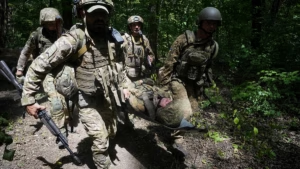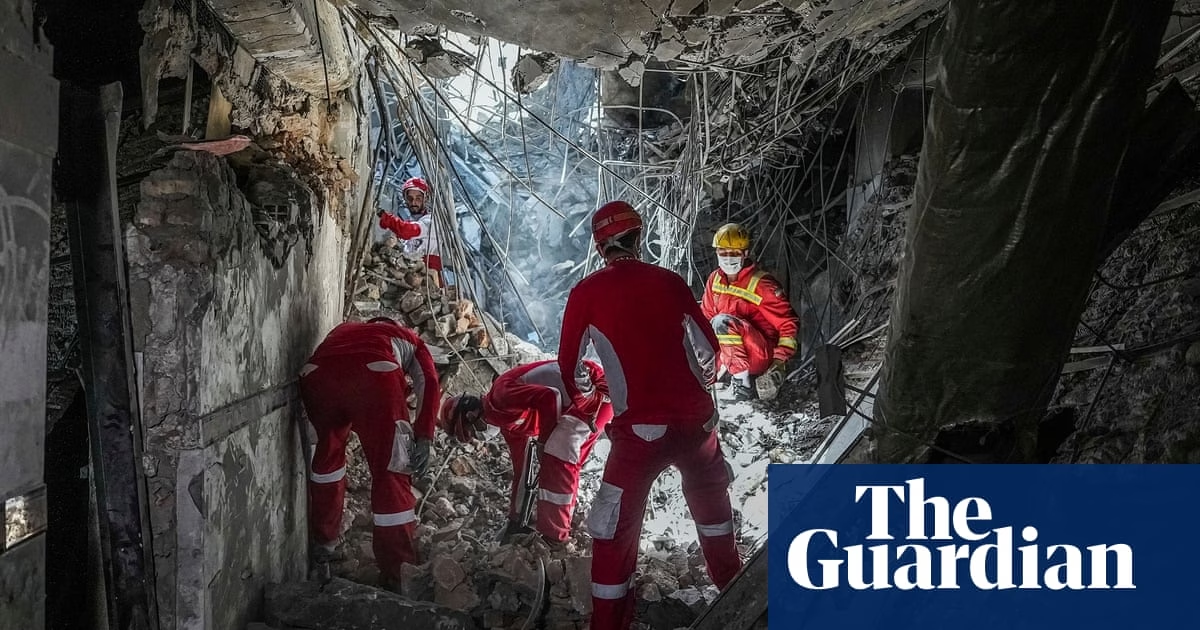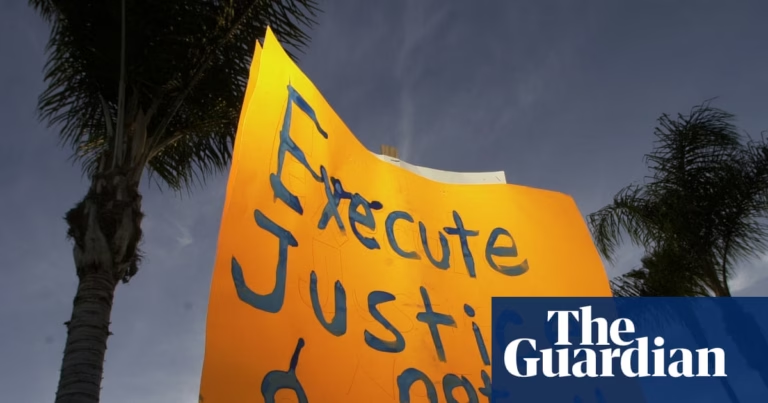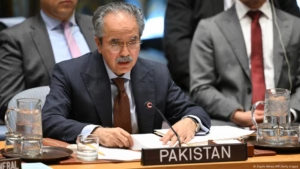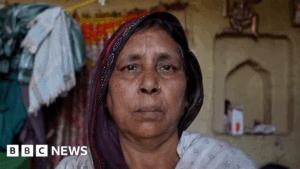Reza Khandan’s life has deteriorated significantly following an Israeli airstrike on Tehran’s Evin prison on June 23. This 60-year-old human rights activist, who was arrested in 2024 for supporting the Woman, Life, Freedom movement, was subsequently transferred to a jail in southern Tehran. There, Mehmethe says the conditions are extremely challenging, with detainees lacking basic facilities like beds and suffering from unsanitary living conditions, including infestations of bedbugs.
According to Mehraveh, her father and other prisoners are forced to sleep on the floor without beds, highlighting the dire sanitation issues within the prison. Families of political prisoners in Iran report a marked worsening of conditions since the 12-day conflict with Israel ended. They express fear for vulnerable detainees, as activists suggest a broader crackdown by the Iranian authorities, who are seen as weak after Israel’s military campaign.
The fighting started on June 13 with Israeli airstrikes aimed at preventing Iran from acquiring nuclear weapons. Iran retaliated with ballistic missiles and drones. Both sides agreed to a ceasefire but the IDF strike on Evin resulted in the death of 71 people, including prison inmates and others in the vicinity. Despite the transfer of prisoners to other facilities in the aftermath, the exact whereabouts of many remains unknown. Those who have been in contact with their families describe worsened conditions compared to Evin, known for torturing political detainees.
Mehraveh, based in Amsterdam, has observed that the prisoners’ access to potable water was limited until recently, being salty instead. Additionally, she reports the disappearance of several prisoners already facing severe sentences or death penalties in the recent days. With limited communication due to the scarcity of phones in prisons, relatives are concerned about their loved ones.
Asso Azizi, whose sister Pakhshan Azizi, a Kurdish aid worker on death row, fears for her sister’s fate, as the women were transferred to the overcrowded and unsanitary Qarchak prison without their personal or sanitary items. The expedited nature of her sister’s sentence, given in July 2024 for her alleged involvement in armed rebellion and human rights activities, adds to his fears of imminent execution aimed at instilling terror among the population.
While the Iranian government struggles with the extent of Israeli intelligence infiltration and faces online criticism, it has intensified its security measures nationwide, detaining individuals based on their online activities and setting up checkpoints to inspect mobile phones. The authorities have apprehended 700 suspects on charges of collaborating with Israel during the conflict, with six executions already carried out on espionage charges.
A parliamentary bill is under consideration to expand the application of the death penalty for collaboration with foreign powers, with particular mention of espionage related to Israel. Individuals arrested are often held incommunicado without legal representation and are sentenced to death under national security pretenses, according to the Center for Human Rights in Iran’s executive director, Hadi Ghaemi. The opaque nature of the Iranian prison system, with secret trials and torture allegations, complicates efforts by families to track the status of their detained loved ones.
Families of Iranian political prisoners now face a future filled with apprehension. Mehraveh emphasizes the alarming severity of the current repressive measures, expressing deep concern for the situation moving forward.
Source: https://www.theguardian.com/world/2025/jul/01/iran-political-prisoners-jail-conditions-israel-war



